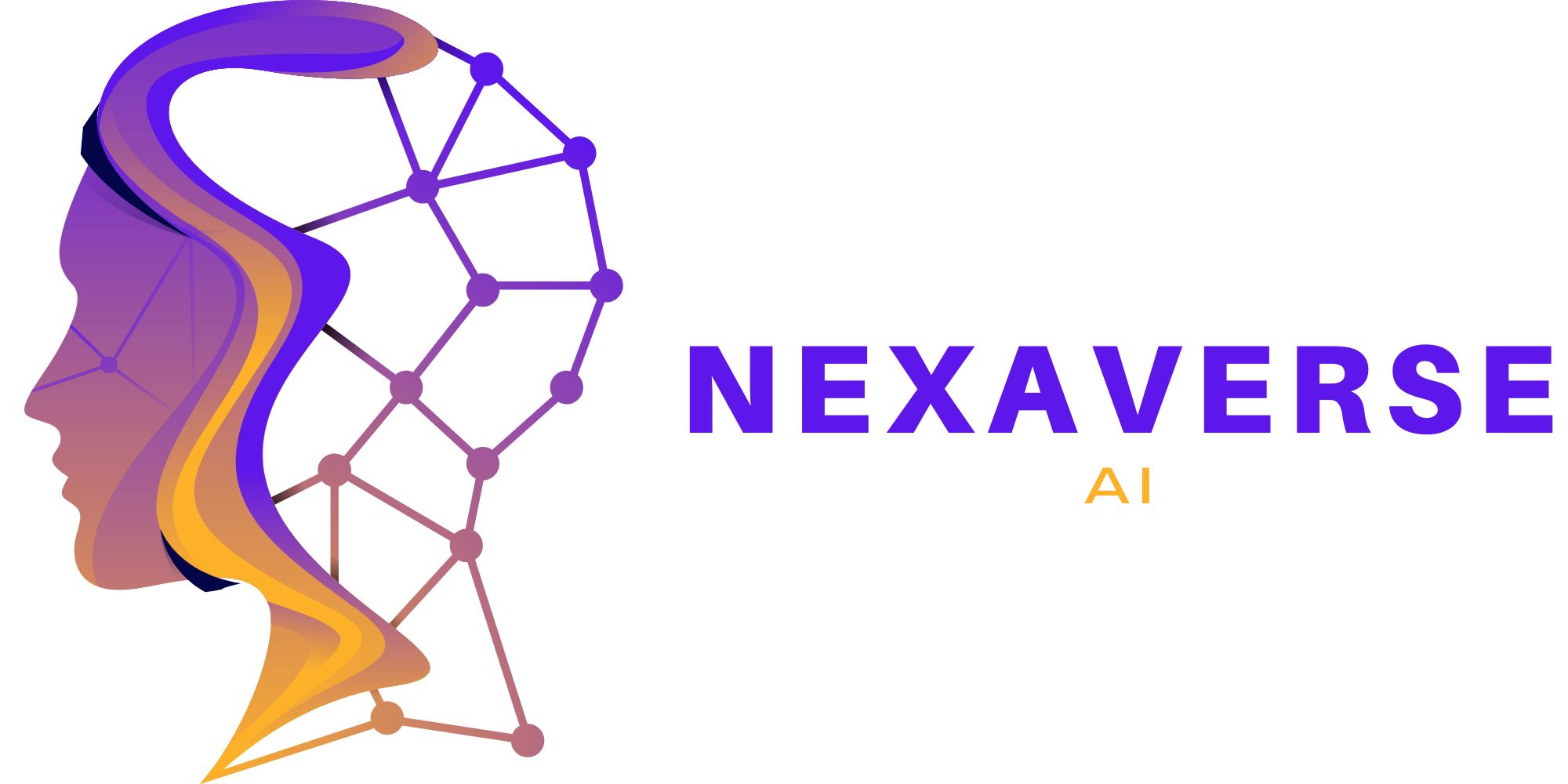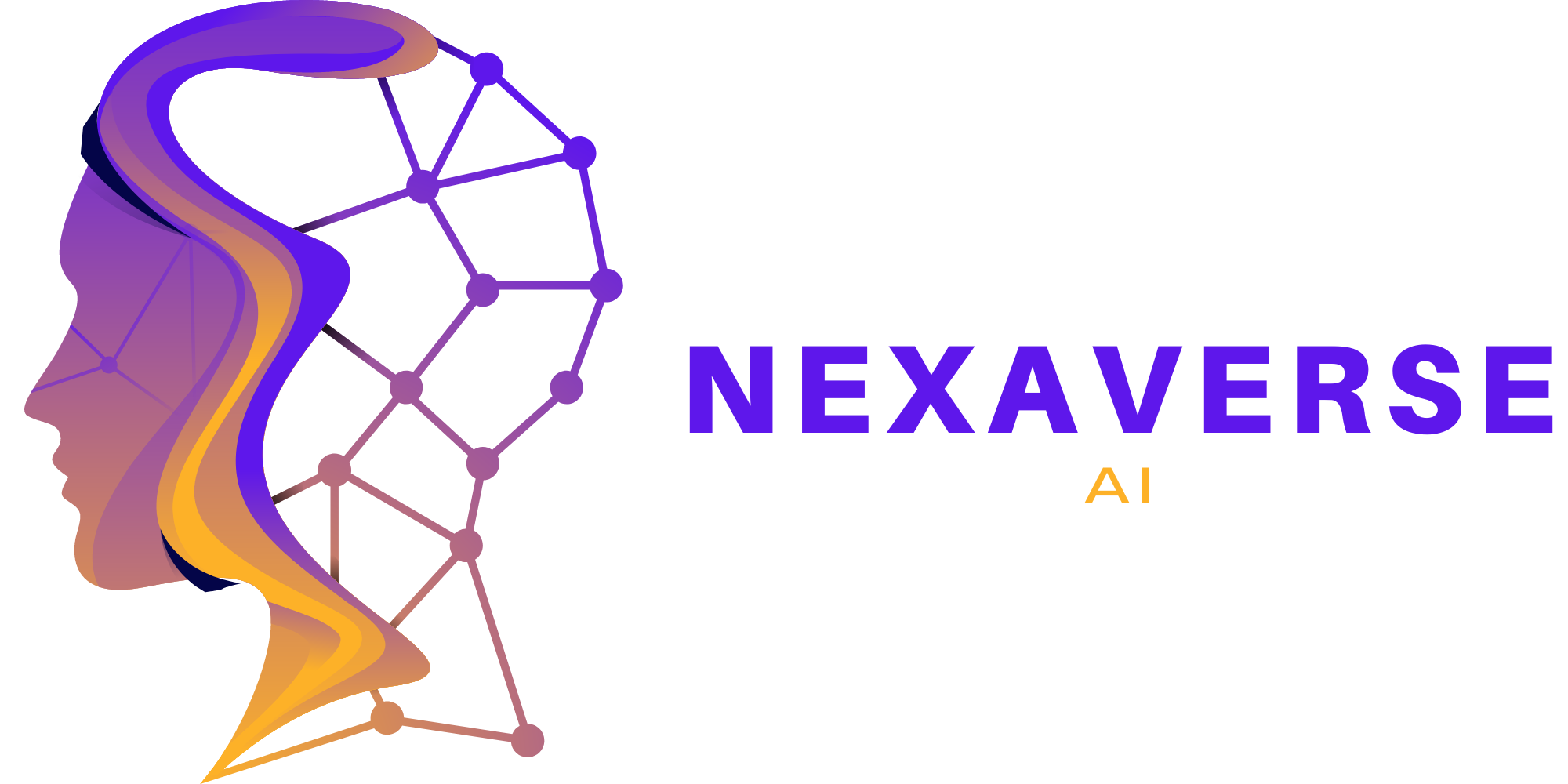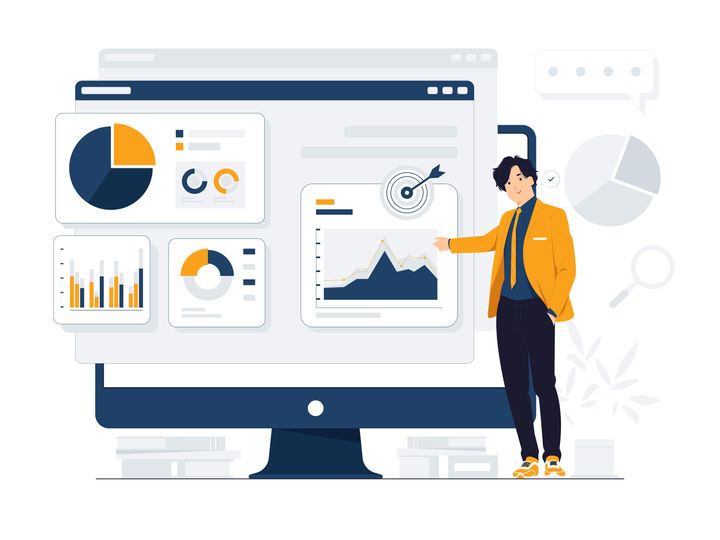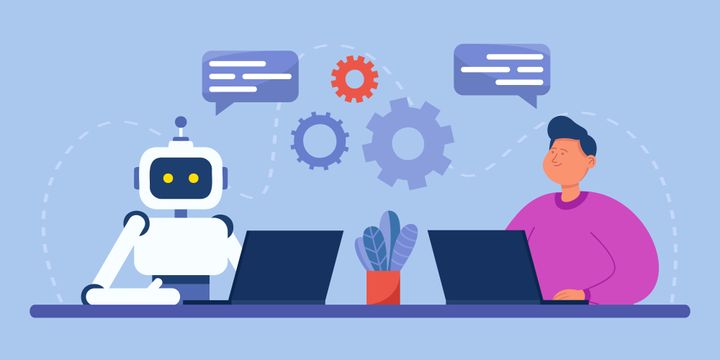Automating Your Sales Process with AI: Best Practices and Tips
Learn how to automate your sales process with AI. Discover the best practices and tips for leveraging AI in lead generation, nurturing, and sales analytics.

Streamline Your Sales Process and Boost Productivity with AI
In today's fast-paced business environment, sales teams face numerous challenges. From managing leads and nurturing customer relationships to closing deals, the sales process can be complex and time-consuming. However, with the advent of artificial intelligence (AI) and automation, businesses can revolutionize their sales processes and achieve remarkable results. In this comprehensive guide, we will explore the best practices and tips for automating your sales process using AI.
Discover how AI can transform your sales strategy and help you achieve unprecedented success.
1. Understanding the Role of AI in Sales
Before diving into the implementation of AI in your sales process, it's crucial to understand its role and potential benefits. AI can analyze vast amounts of data, predict customer behavior, and provide valuable insights to sales teams. By automating repetitive tasks, AI frees up time for sales representatives to focus on building relationships and closing deals. With AI-powered tools, you can effectively segment leads, personalize communication, and identify upselling opportunities.
Embrace the power of AI and unlock its potential to revolutionize your sales strategy.
Key points to consider:
- AI can analyze vast amounts of data to provide valuable insights.
- Automation frees up time for sales representatives to focus on building relationships.
- AI-powered tools enable effective lead segmentation and personalized communication.
- Identify upselling opportunities with AI's predictive capabilities.
2. Choosing the Right AI Sales Tools
To successfully automate your sales process, it's crucial to choose the right AI sales tools that align with your business goals. There are numerous AI-powered solutions available, ranging from CRM systems with AI capabilities to sophisticated chatbots. Assess your specific needs and consider factors such as integration capabilities, ease of use, and scalability. It's also essential to involve your sales team in the decision-making process and ensure they receive proper training to leverage these tools effectively.
Select the AI sales tools that best fit your business requirements and empower your sales team.
Key considerations when choosing AI sales tools:
- Assess your specific needs and goals.
- Evaluate integration capabilities and ease of use.
- Ensure scalability for future growth.
- Involve your sales team in the decision-making process and provide proper training.
3. Implementing AI in Lead Generation and Nurturing
One of the primary areas where AI can significantly impact your sales process is lead generation and nurturing. AI can analyze customer data and behavior to identify potential leads and target them with personalized marketing campaigns. AI-powered chatbots can engage with leads in real-time, answer their queries, and qualify them based on predefined criteria. By automating lead scoring and nurturing, you can ensure your sales team focuses on the most promising opportunities, leading to higher conversion rates.
Optimize lead generation and nurturing with AI-driven automation and increase your sales effectiveness.
Key strategies for implementing AI in lead generation and nurturing:
- Utilize AI to analyze customer data and behavior for targeted campaigns.
- Engage leads in real-time with AI-powered chatbots.
- Automate lead scoring and nurturing to focus on high-potential opportunities.
4. Enhancing Sales Performance with AI Analytics
AI analytics can provide sales teams with valuable insights into customer behavior, market trends, and sales performance. By leveraging AI-powered analytics tools, you can identify patterns, predict sales outcomes, and optimize your sales strategies accordingly. AI can also automate the analysis of sales data, freeing up time for sales managers to focus on coaching and mentoring their teams. With AI analytics, you can make data-driven decisions, improve sales forecasting accuracy, and drive revenue growth.
Harness the power of AI analytics to drive sales performance and achieve exceptional results.
Key benefits of using AI analytics in sales:
- Gain valuable insights into customer behavior and market trends.
- Predict sales outcomes and optimize sales strategies.
- Automate analysis of sales data to free up time for sales managers.
- Improve sales forecasting accuracy and drive revenue growth.
In conclusion, incorporating AI into your sales process is no longer optional but essential for staying competitive in today's dynamic business landscape. By understanding the role of AI, choosing the right tools, implementing AI in lead generation and nurturing, and leveraging AI analytics, you can streamline your sales process, boost productivity, and achieve remarkable results. Embrace the power of AI and unlock its potential to revolutionize your sales strategy. Stay ahead of the curve and reap the rewards of a data-driven and efficient sales operation.
Frequently Asked Questions (FAQs)
Q. How can AI improve lead qualification?
A. I can improve lead qualification by automating lead scoring based on predefined criteria. It can analyze customer data and behavior to determine the most promising leads, allowing your sales team to focus their efforts on high-potential opportunities.
Q. What are the potential challenges of implementing AI in sales?
A. Some potential challenges of implementing AI in sales include data privacy concerns, integration complexities with existing systems, and the need for proper training and change management to ensure successful adoption and utilization of AI tools.
Q. Can AI analytics help in improving sales forecasting accuracy?
A. Yes, AI analytics can significantly improve sales forecasting accuracy. By analyzing historical sales data and market trends, AI can provide more accurate predictions and insights, enabling sales teams to make data-driven decisions and improve the accuracy of their sales forecasts.
Remember to regularly evaluate and update your AI-powered sales tools to ensure they align with evolving business needs and technological advancements. Additionally, provide ongoing training and support to your sales team to maximize the benefits of AI automation.



